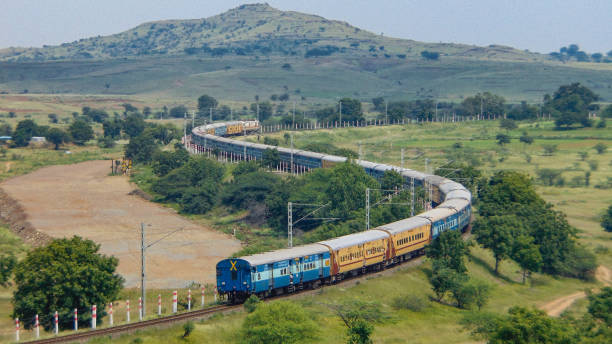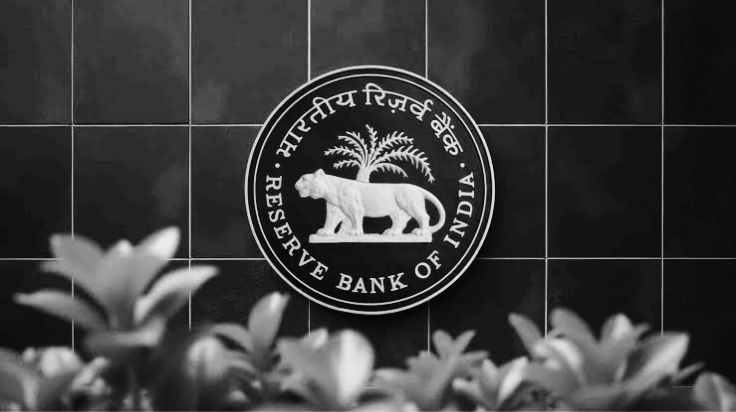Massive infrastructure boost with 12 new rail projects, expanded budget, and strategic surveys under PM Gati Shakti to transform connectivity in the North East.
New Delhi, August 6, 2025:
In a major infrastructure push for the North East Region (NER), the Government of India has sanctioned 12 railway projects comprising 777 km of new rail lines and doubling works, with a total investment of ₹69,342 crore. This development marks a transformative phase in the region’s connectivity, logistics, and economic integration with the rest of the country.
Of the 777 km sanctioned, 278 km have already been commissioned, and an expenditure of ₹41,676 crore has been incurred up to March 2025. The sanctioned projects include eight new railway lines and four doubling projects, reflecting a strategic focus on enhancing line capacity and improving mobility across the difficult terrain of the North East.
Sharp Rise in Budget Allocation for the Region
In a clear sign of the government’s commitment to the North East, the average annual budget allocation for railway infrastructure in the region has increased almost five-fold—from ₹2,122 crore during 2009-14 to ₹10,440 crore in the 2025-26 financial year.
Between 2014 and 2025, approximately 1,840 km of new tracks have been commissioned in the North East, compared to 333 km during 2009-14—translating into a threefold increase in average annual commissioning.
Key Commissioned Projects Since 2014
Several significant projects have already been completed in the region since 2014, including:
-
Bogibeel Bridge (92 km) – ₹5,820 crore
-
Agartala–Sabroom New Line (112 km) – ₹3,170 crore
-
Rangiya–Murkongselek Gauge Conversion (510 km) – ₹3,019 crore
-
Lumding–Silchar Gauge Conversion – ₹673 crore
-
New Bongaigaon–Agthori Doubling (143 km) – ₹2,048 crore
These projects have played a vital role in linking remote and inaccessible areas, improving economic prospects, and boosting regional trade and tourism.
Major Ongoing Projects
Some of the most critical rail infrastructure projects currently under development in the North East include:
-
Jiribam–Imphal New Line (111 km) – ₹18,562 crore
-
Dimapur–Kohima New Line (82 km) – ₹6,911 crore
-
Bhairabi–Sairang New Line (51 km) – ₹5,521 crore
-
New Bongaigaon–Goalpara–Guwahati Doubling (176 km) – ₹2,950 crore
These projects are not only intended to improve passenger connectivity but also have strategic value in enhancing national security and regional development.
17 Strategic Surveys Under PM Gati Shakti
As part of the PM Gati Shakti National Master Plan, 17 new railway surveys—13 for new lines and 4 for doubling—have been sanctioned since FY 2022-23, covering a total of 1,790 km. These include:
-
Zubza–Imphal New Line (150 km)
-
Lanka–Silchar via Chandranathpur (208 km)
-
Sairang–Hbichhuah in Mizoram (223 km)
-
Guwahati–Lumding 3rd Line (181 km)
-
New Jalpaiguri–Kamakhya 3rd & 4th Line (421 km)
These surveys aim to establish the groundwork for expanding rail connectivity across underdeveloped and strategic corridors in the North East.
Parallel Development in North Eastern Railway Zone
In parallel, the North Eastern Railway (NER) zone has also seen accelerated project development. A total of 17 infrastructure projects (8 new lines, 1 gauge conversion, and 8 doubling/multitracking) spanning 1,253 km have been sanctioned with a cumulative investment of ₹20,466 crore. Of this, 354 km have already been commissioned, with ₹10,486 crore spent as of March 2025.
Notable completed projects include:
-
Ghazipur City–Tarighat New Line (17 km) – ₹1,766 crore
-
Lucknow–Pilibhit Gauge Conversion (263 km) – ₹1,634 crore
-
Varanasi–Madhosingh–Allahabad Doubling (120 km) – ₹2,018 crore
-
Rosa–Sitapur Cantt–Burhwal Doubling (181 km) – ₹2,094 crore
Further, 46 new surveys (including 39 for doubling) have been sanctioned for a combined length of 1,878 km during the last three years.
Road Ahead and Implementation Challenges
While these initiatives mark a significant leap forward, the government acknowledges that timely execution of such projects remains contingent upon several external factors—land acquisition, forest clearances, utility shifting, and law and order situations in the project zones.
The process of sanctioning a railway project involves extensive consultations with state governments and requires clearances from multiple bodies, including the NITI Aayog, Ministry of Finance, and others. As a result, project timelines remain dynamic.
Despite these challenges, the government’s sustained focus on rail infrastructure in the North East—backed by substantial budgetary support and a structured policy roadmap—indicates a long-term commitment to regional transformation.









